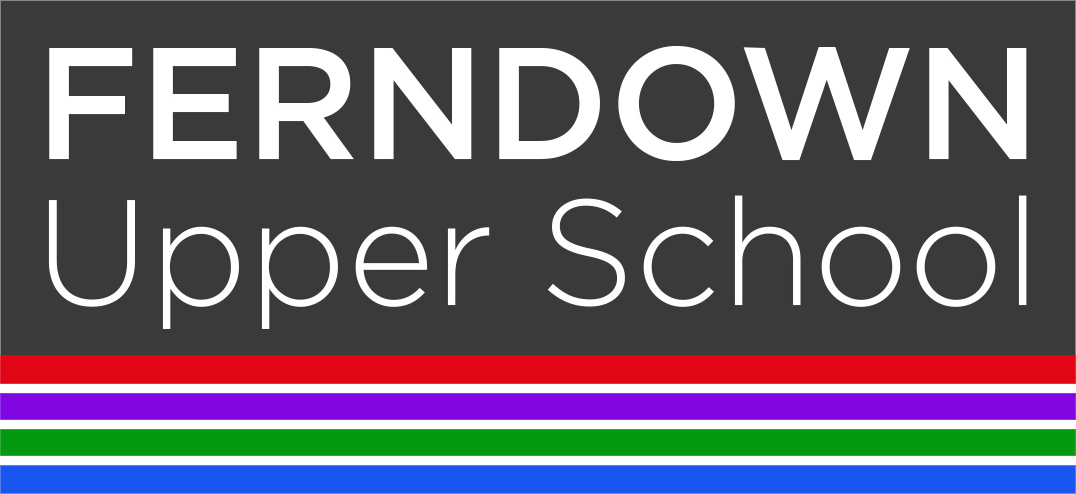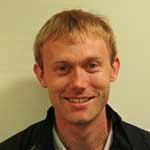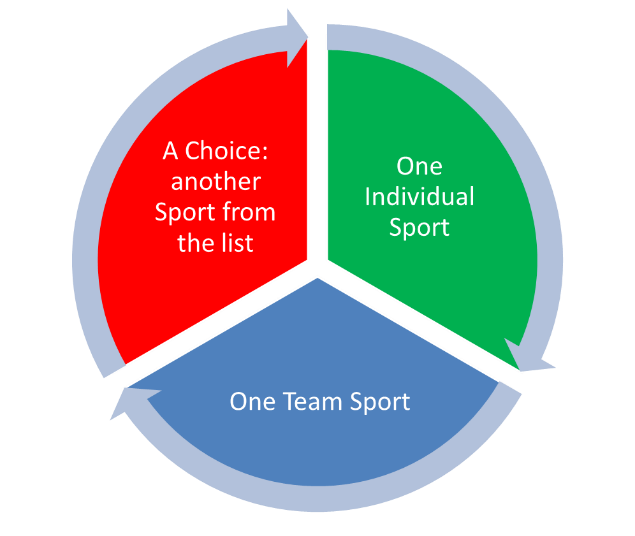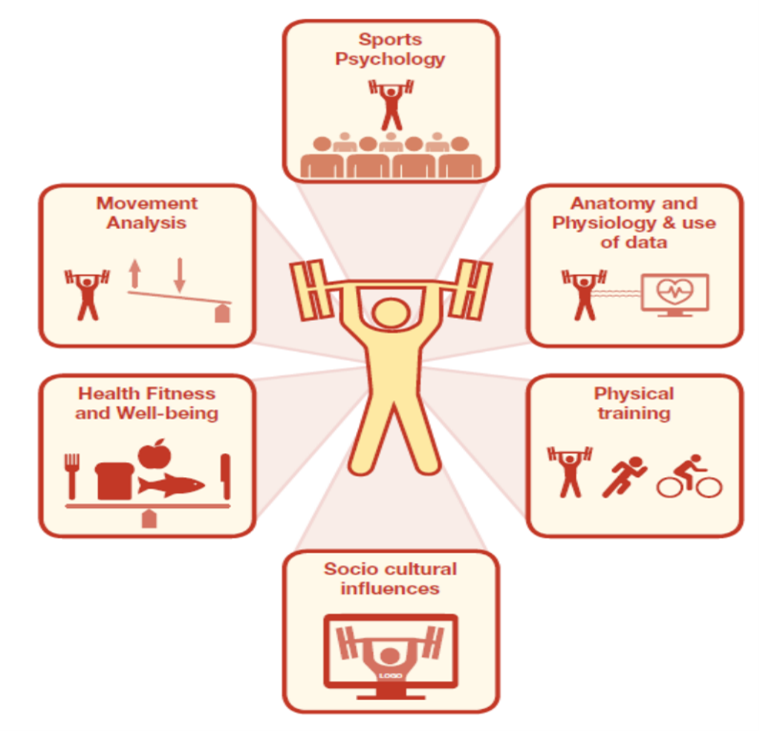Overview of the Course
40% Practical Performance
Non-examined assessment is worth 40% of the qualification. This comprises the practical performance and performance analysis (coursework), both of which will be internally assessed and externally moderated.
60%Theoretical Performance
There is an increased emphasis on the theoretical content now worth 60% of the qualification assessed through two examinations.
Worth 125 marks in total
30% Practical = 105 marks (3x35marks/activity)
+
10% Personal Exercise Programme
(PEP) = 20 marks
Component 2 (Paper 2)
Health and Performance
1Hr 15min written exam
70 marks
24% of qualification
Topic 1: Health, fitness and well-being
Topic 2: Sport psychology
Topic 3: Socio-cultural influences
Topic 4: Use of data
Team Games Covered
Football, Rugby, Handball, Basketball, Badminton/Tennis/Table Tennis doubles
Individual Sports Covered
Athletics, Tennis, Badminton, Trampolining, Swimming, Table tennis, dance.
Other activity options are availible if a student participant participates out of school, e.g. Boxing, Equestrian, Skiing
You should take GCSE PE if…
- You enjoy fitness and want to learn more about health the body and exercise and are good at Sciecne.
- You have a keen interest in Sport and Physical Activity.
- You are keen on personal development.
- You have good grades in Science.
- You are interested in how the body works in relation to Sport and Physical Activities.
- You are committed to extra-curricular PE clubs / keeping fit – this is compulsory.
- You are willing to work hard.
Where can GCSE PE take you…
- Level 3 courses at Post 16.
- Cambridge Technical Level 3 in Sport and Physical Activity.
- Career in the health and fitness or exercise science industry as well as something like working in the NHS or Physiotherapy, sports coaching, teaching, a personal trainer, leisure centre work etc.
Careers in Physical Education
There is a wide range of jobs available in this sector. Recruitment opportunities into careers in Physical Education, is always competitive.
There are a number of career settings that you can become involved with and progress in. These include Sport, Health, Fitness, leisure and teaching.
Below are some ideas of the different types of career opportunities you could get involved with:
Professional Sport: Performer/player, Fitness coach, Sports coach, exercise & sport scientists, performance data analysist, dietitian, Media & marketing consultant, website design, sport development officer, Sport commentator, Club physio/doctor, catering manager, assistant coach and youth team coach.
Health: Doctor, Physio, sports therapist, sports massage, nurse and working in other areas of the NHS.
Fitness: Gym manager, Personal trainer, yoga instructor, fitness instructor, professional fitness coach.
Teaching & Public Services: Primary school teacher, secondary school PE teacher, Sports Coach, Police officer, Fire fighter, Royal Marines, Army
Leisure: Swimming teacher, Duty Manager, Sports coach, lifeguarding, leisure centre management, outdoor activities instructor, children’s party co-coordinator
Labour Market Information – LMI
It is useful to look at the labour market when thinking about a career in Sport, Fitness, health and leisure. The links below provide good quality information about the LMI in the industry and this is only growing with a large emphasis being placed nationally on health and well-being
https://www.bbc.co.uk/bitesize/articles/zmfkrj6
https://www.lboro.ac.uk/study/school-college-liaison/resources/wim/ssehs/sportnew/
https://www.apprenticeships.gov.uk
Learning Pathways
The are lots of different pathways into the vast range of careers in sport, fitness, health and leisure where the national governing bodies offer various coaching qualifications, Premier training offer various fitness instructing and personal training qualifications, but in addition to these examples where these would be more apprenticeship based there are also academic pathways as well. The different pathways are highlighted below:
Post-16 examples: A Level in Physical Education, Level 3 in Sport & physical activity, T level in Health, Level 3 Public Services.
Degree examples: Sports coaching, Sport & exercise science, Sport psychology, Sport rehabilitation, Sports management, Physiotherapy, Sports therapy.
Apprenticeship examples: Lifeguard, recreation assistant, personal trainer, fitness instructor, sports coach, events assistant, outdoor activity instructor, teaching assistant.



